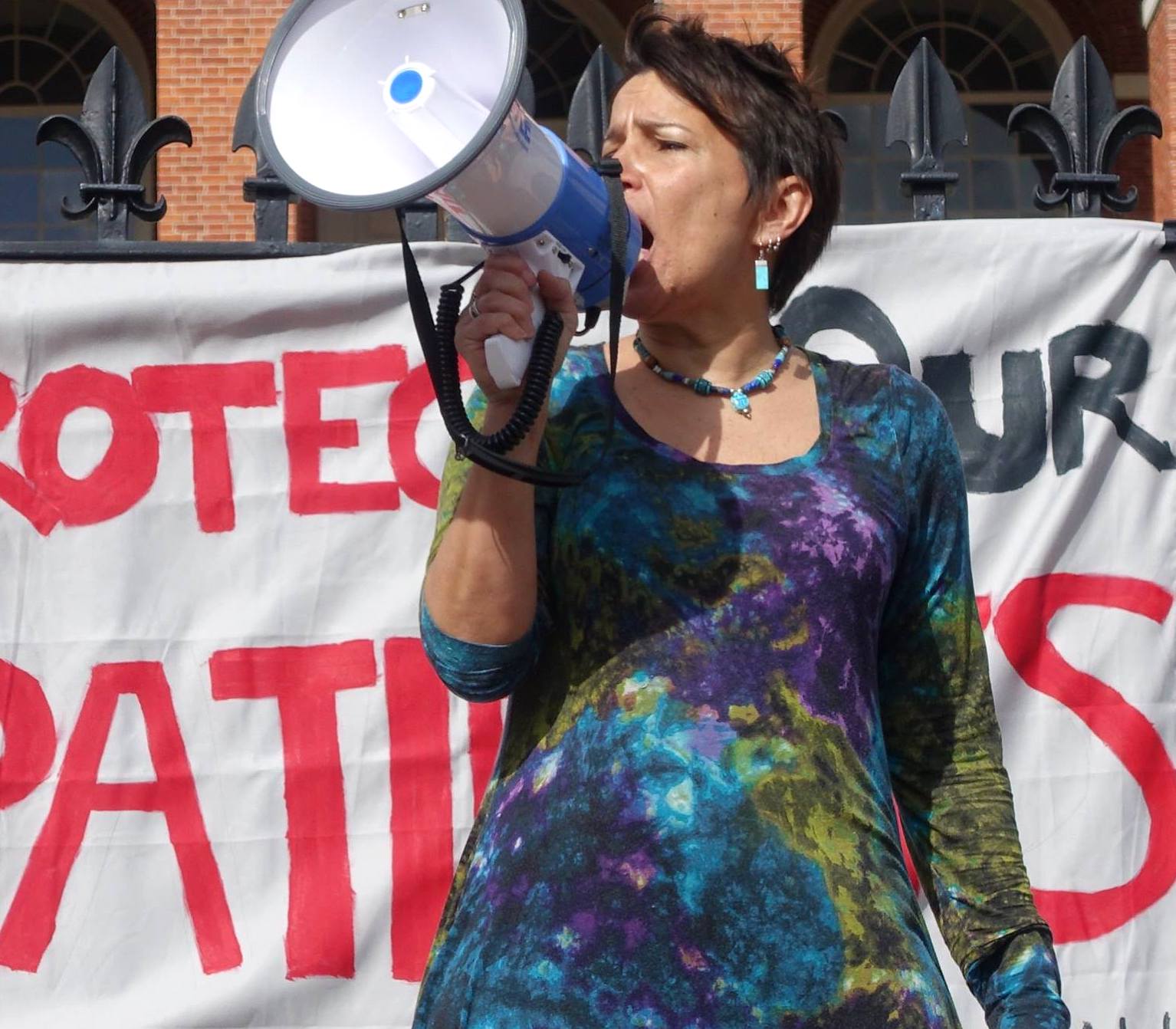 Dear friends,In October of this year, “Marie†came into a Partners In Health-supported hospital in Haiti with diarrhea and dehydration. My amazing colleagues at Zanmi Lasante successfully treated her cholera, but that was the easy part. The hard part is the work done by the Institute for Justice & Democracy in Haiti (IJDH) and the Bureau des Avocats Internationaux (BAI) to end the conditions that exposed Marie to a disease no one should get in the 21st century.The real disease that afflicts Marie and other impoverished Haitians is chronic injustice. Ill health is just a symptom of this deeper problem. Marie left the hospital only to return to the ongoing lack of potable water and sanitation that inflicts cholera and other diseases on millions of Haitians every day. The treatment for these conditions is justice. Justice in the form of remediation of the conditions that violate the human rights of the Haitian people. Human rights that were further violated when the UN troops dumped raw sewage containing cholera into the rivers of Haiti in 2010. The violation of the right to water is emblematic of the lack of other critical rights that Haitian people face including the right to healthcare, to education, to work for a living wage, to organize and to vote. Without these rights, the impoverishment of the Haitian populace continues and deepens. Dear friends,In October of this year, “Marie†came into a Partners In Health-supported hospital in Haiti with diarrhea and dehydration. My amazing colleagues at Zanmi Lasante successfully treated her cholera, but that was the easy part. The hard part is the work done by the Institute for Justice & Democracy in Haiti (IJDH) and the Bureau des Avocats Internationaux (BAI) to end the conditions that exposed Marie to a disease no one should get in the 21st century.The real disease that afflicts Marie and other impoverished Haitians is chronic injustice. Ill health is just a symptom of this deeper problem. Marie left the hospital only to return to the ongoing lack of potable water and sanitation that inflicts cholera and other diseases on millions of Haitians every day. The treatment for these conditions is justice. Justice in the form of remediation of the conditions that violate the human rights of the Haitian people. Human rights that were further violated when the UN troops dumped raw sewage containing cholera into the rivers of Haiti in 2010. The violation of the right to water is emblematic of the lack of other critical rights that Haitian people face including the right to healthcare, to education, to work for a living wage, to organize and to vote. Without these rights, the impoverishment of the Haitian populace continues and deepens.
IJDH and BAI are changing this. Their campaign to compel the UN to respect the rights of victims of the cholera epidemic introduced by UN soldiers is making a difference, and not just in Haiti. The lawyers have already secured promises of $400 million from the UN for healthcare, clean water, and sanitation and to help the victims. They have also changed the way that the UN screens its soldiers for infectious disease, and disposes of its waste worldwide. IJDH and BAI have also established a model for helping the most vulnerable assert their rights against the most powerful. Anywhere in the world. I was so excited about the cholera case that I joined IJDH’s board and significantly increased my financial support for the work. I even featured their campaign for justice in my book, An Introduction to Global Healthcare Delivery. The cholera case gives me hope and even confidence in a future where people like Marie head home from our hospital to acceptable living conditions—living conditions that reflect human rights and human dignity. Our friends at BAI and IJDH will keep fighting—that is who they are. But they need our help to keep making an impact. Today, I am asking you to join me in supporting IJDH—on my behalf, but also for my patients in Haiti and my medical colleagues who spend too much time and energy treating the diseases of injustice. In Solidarity, Joia S. Mukherjee, MD, MPH |